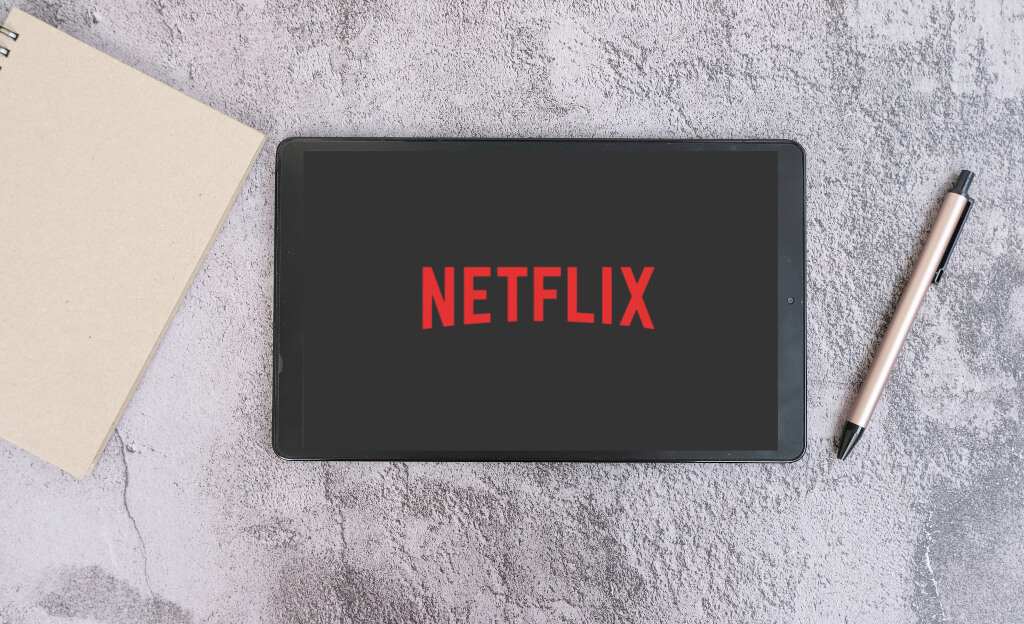With film productions’ global reach comes the responsibility to approach these productions with cultural sensitivity. Understanding and respecting the local customs, traditions, and sensibilities of the countries where shoots take place is crucial for creating authentic and meaningful content.
Cultural sensitivity in the context of international productions means having an awareness and appreciation of the cultural differences and nuances that exist when shooting abroad. It requires recognizing and respecting the values, traditions, and beliefs of the local community. This sensitivity ensures that the production not only avoids cultural missteps but also portrays cultures and individuals accurately and respectfully.
Importance of Research and Planning
Effective pre-production research and planning are essential when beginning an international stills or TVC production. Thoroughly understanding the host culture, customs, and sensitivities helps to avoid unintentional offenses. Engaging local experts or consultants who have an in-depth knowledge of the culture can provide invaluable insights and guidance, enabling a more nuanced and respectful approach.
Local Communities in International Productions
Involving local communities in the production process brings numerous benefits. Firstly, it helps ensure authenticity in the portrayal of culture and traditions. Collaborating with local individuals as cast members, crew, or advisors can provide invaluable cultural insights and contribute to the accuracy and authenticity of the final product. Additionally, working with local communities creates employment opportunities, fostering economic development and social cohesion.
Case Studies You May Want To Look Up
Let’s examine these case studies of international productions that have successfully displayed cultural sensitivity.
Coca-Cola “Share a Coke” Campaign
Coca-Cola’s “Share a Coke” campaign successfully demonstrated cultural sensitivity by adapting its iconic branding to various countries and cultures. The campaign involved printing popular names on Coca-Cola bottles, reflecting the diversity of each region. By incorporating local names and languages, Coca-Cola celebrated individual identities and fostered a sense of personal connection with the brand, resulting in a global success story.
Google India “The Hero – A Bollywood Story”
Google India’s “The Hero – A Bollywood Story” commercial struck a chord with audiences by celebrating Indian culture and family values. The ad depicted the story of an elderly man reminiscing about his days as a Bollywood stuntman, highlighting the importance of preserving memories and honoring the contributions of unsung heroes. The commercial effectively tapped into Indian nostalgia and resonated with viewers, earning widespread praise for its cultural sensitivity.
Airbnb “We Accept” Campaign
Airbnb’s “We Accept” campaign tackled issues of inclusivity and diversity head-on by promoting acceptance and embracing various cultures. The commercial showcased a diverse array of individuals and families from different backgrounds, emphasizing the brand’s commitment to creating a welcoming and inclusive platform for travelers. By celebrating diversity and promoting cultural understanding, the campaign garnered a positive reception and reinforced Airbnb’s values.
Guinness “Sapeurs” Commercial
Guinness’s “Sapeurs” commercial portrayed the Society of Ambiance-Makers and Elegant People (Sapeurs) from the Republic of Congo. The ad celebrated the fashion subculture’s commitment to personal style, dignity, and self-expression. By highlighting a lesser-known African community, Guinness successfully challenged stereotypes and showcased the richness of Congolese culture with respect and authenticity.
Nike “Da Da Ding” Commercial

Nike’s “Da Da Ding” commercial empowered women in India by featuring female athletes breaking barriers and excelling in sports. The ad embraced local sporting heroes, highlighting their determination, skills, and passion. By promoting women’s empowerment within the context of Indian culture, Nike struck a chord with the audience and received praise for its culturally sensitive portrayal of female athleticism.
These case studies exemplify successful TV commercials that demonstrate cultural sensitivity by authentically representing diverse cultures, celebrating local traditions, and promoting inclusivity. By understanding and respecting cultural nuances, these commercials not only resonated with local audiences but also gained global acclaim for their positive messaging and impactful storytelling.
Now, let’s look at examples of how culturally insensitive commercials can have an impact on your brand:
Pepsi “Live for Now” Commercial (2017)
Pepsi faced significant backlash for a commercial that featured Kendall Jenner participating in a protest-inspired scenario. The ad was criticized for trivializing social justice movements and appropriating their imagery for commercial gain. The lack of cultural sensitivity in addressing important social issues highlighted the need for brands to approach sensitive topics with care and respect.
Dolce & Gabbana “The Great Show” Commercial (2018)
Dolce & Gabbana faced controversy when a commercial intended to showcase Chinese culture was seen as culturally insensitive. The ad depicted a Chinese model struggling to eat Italian foods with chopsticks, perpetuating stereotypes and mocking Chinese traditions. The backlash emphasized the importance of understanding and respecting cultural practices rather than using them as a source of ridicule.
Nivea “White is Purity” Commercial (2017)
Nivea faced criticism for a skincare advertisement that featured the slogan “White is Purity.” The ad was accused of promoting racist beauty standards and perpetuating white supremacy. The incident highlighted the necessity for brands to be aware of the potential impact of their messaging and to avoid reinforcing harmful racial stereotypes.
Sony PlayStation “White is Coming” Commercial (2006)
Sony PlayStation received backlash for a commercial that portrayed a white woman aggressively dominating a black woman. The ad perpetuated racial stereotypes and sparked outrage among viewers. The incident highlighted the need for companies to be vigilant in avoiding advertisements that perpetuate racial hierarchies or encourage harmful power dynamics.
Hyundai “Pipe Job” Commercial (2013)
Hyundai faced criticism for a commercial that depicted a man attempting suicide by carbon monoxide poisoning in his car, only to fail due to the vehicle’s emission-free technology. The commercial trivialized a serious issue and caused distress among viewers who had personal experiences with suicide. The incident emphasized the importance of considering the potential impact of advertising content and avoiding sensitive topics for comedic purposes.
These case studies serve as cautionary examples, illustrating instances where TV commercials displayed cultural insensitivity, perpetuated stereotypes, or trivialized sensitive issues. They emphasize the need for brands to exercise cultural awareness, sensitivity, and responsible messaging in their advertising campaigns. By learning from these examples, companies can strive to create commercials that are respectful, inclusive, and mindful of the diverse audiences they seek to engage.
Coping with Cultural Differences on the Set
Cultural differences can manifest in various ways on the set, from communication styles and work ethics to scheduling and hierarchy. It’s crucial to anticipate and proactively manage these differences to ensure smooth operations and maintain a harmonious working environment. Encouraging open and respectful communication, fostering cultural exchange, and providing cultural sensitivity training to the team can help bridge any gaps and promote understanding.
Respecting local laws and regulations is a fundamental aspect of cultural sensitivity in international productions. It is essential to familiarize oneself with the legal requirements related to film production in the host country. This includes permits, location restrictions, intellectual property rights, and cultural considerations. Adhering to these regulations not only demonstrates respect for the local legal framework but also helps maintain a positive reputation for the production company.
Cultural sensitivity is of paramount importance in international stills or TVC productions. It ensures that productions are respectful, accurate, and authentic, fostering cross-cultural understanding and appreciation. Through thorough research, involving local communities, learning from case studies, managing cultural differences on set, and adhering to local laws and regulations, production companies can create impactful and culturally sensitive content that resonates with diverse audiences worldwide.





